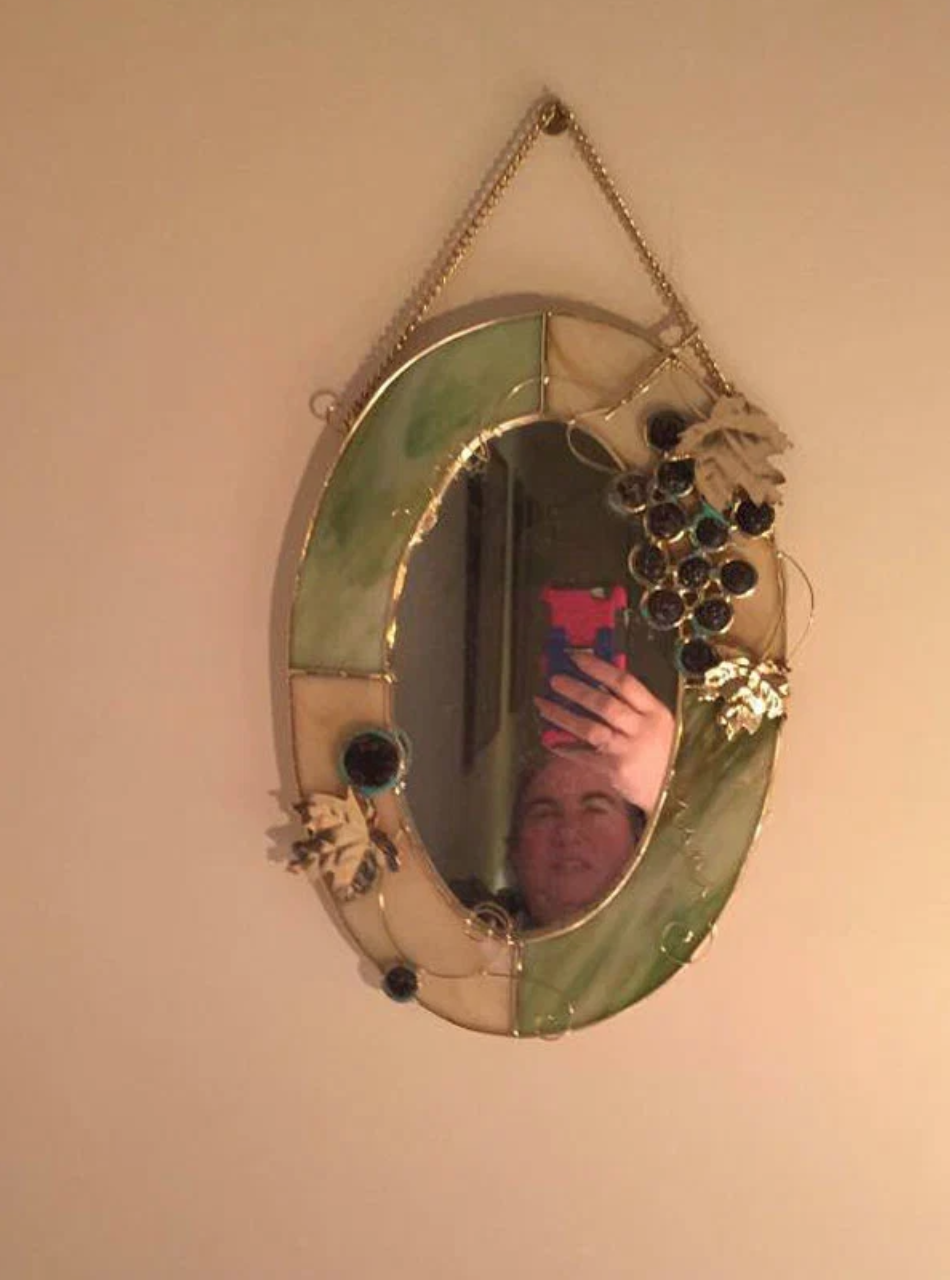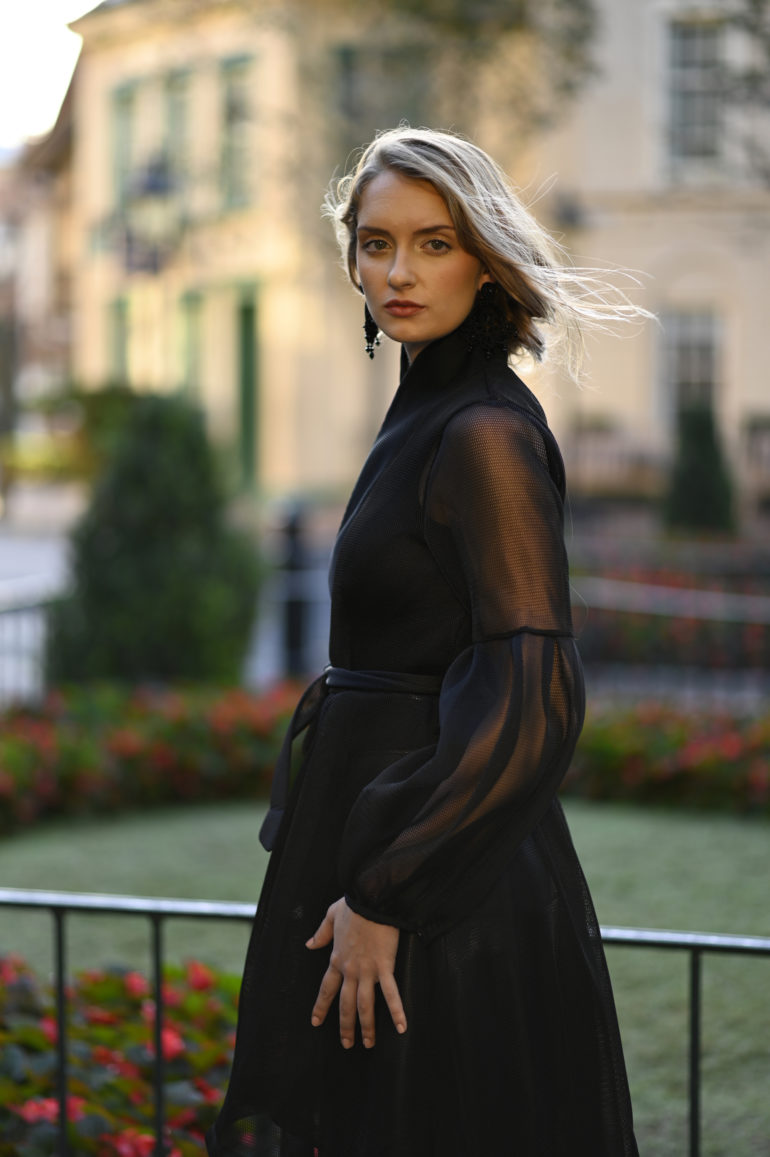
Sullivan, who had recently founded the Film Company of Ireland (FCOI), was arrested outside his home in Dublin on 28 April and imprisoned in Kilmainham Gaol until 6 May (“Irish-American Minister”). Despite apparently having no direct role in the Rising, Irish-American diplomat James M.

The Rising was even more of a surprise than this for most people working in Irish cinema, and the few who became directly involved did so because they got caught up in events. To the left of the iconic ruins of the DBC (Dublin Bread Company) on Dublin’s Lower Sackville/O’Connell Street in late April/early May 1916 were the ruins of the smaller Grand Cinema, its projection box visible on the first floor. Jameson’s Irish Animated Picture Company, Hardiman was arrested on Tuesday, 25 April, paraded with other rebels through the streets and imprisoned on a ship in Galway Bay (“Statement of Frank Hardiman”). Manager of the Galway’s Town Hall Picture Palace for James T. When the Kerry events caused the planned Easter Sunday Rising to be initially cancelled and then rescheduled to Easter Monday, Frank Hardiman and his comrades in the Irish Volunteers and the secret Irish Republican Brotherhood in Galway were thrown into confusion. Although the Rising took place largely in Dublin between 24 and 29 April, the failure of the rebels to land arms in north Kerry – far from Waterville in the south – and the arrest of Rising leader Roger Casement as he was set ashore from a German U-Boat on 21 April influenced events in Dublin and elsewhere.

Planned and executed by a small group of insurgent nationalists, socialists and women’s rights campaigners against British rule, the Easter Rising that month would be the catalyst for profound social and political change, but the cinema had few direct links with it. Change was certainly coming to Ireland in April 1916, if not of the kind for which McCabe expressed a desire. Kerry, put a small ad in the Irish Independent outlining his five years of experience and seeking “good offers only.” McCabe was expectant – or at least hopeful – of an improved situation, and given cinema’s continuing growth despite the war, his prospects seemed good. 1916: 6.ĭesiring a change of job, Edward McCabe, the operator (projectionist) at the cinema in Waterville, Co.

He got no recognition for these, but had more luck in the Edison Laboratories of Industrial Research where, in the 1880s, he met, worked with and apparently became good friends of Edison, Marconi and Henry Ford 1 (who also had West Cork roots).Among the Situations Wanted ads, a Waterville projectionist seeks new prospects Irish Independent 1 Apr.
KINEMAC SAMPLES 2018 WINDOWS
He also made a hook and harness device which could be used for cleaning windows on high buildings (also still in use today). In America he was no less inventive: according to Ella’s account he made a machine for sharpening knives – angled files set in a block (we all have one today). He taught himself ventriloquism and was an entertainer and practical joker. Gerald had been an enterprising boy in Skibbereen: among other things he made a kite – a life-sized figure with a lantern inside it which he launched at night to terrify the neighbours.

His mother Ellen could see no future for her five sons in West Cork and sent them off, one by one, to her cousin in New Jersey where they joined the community of Irish labourers. His father Florence was a cooper and needle-maker. Gerald Joseph Macaura was born on in Townsend Street, Skibbereen. Gerald Macaura (left) and his friend Gugliemo Marconi


 0 kommentar(er)
0 kommentar(er)
